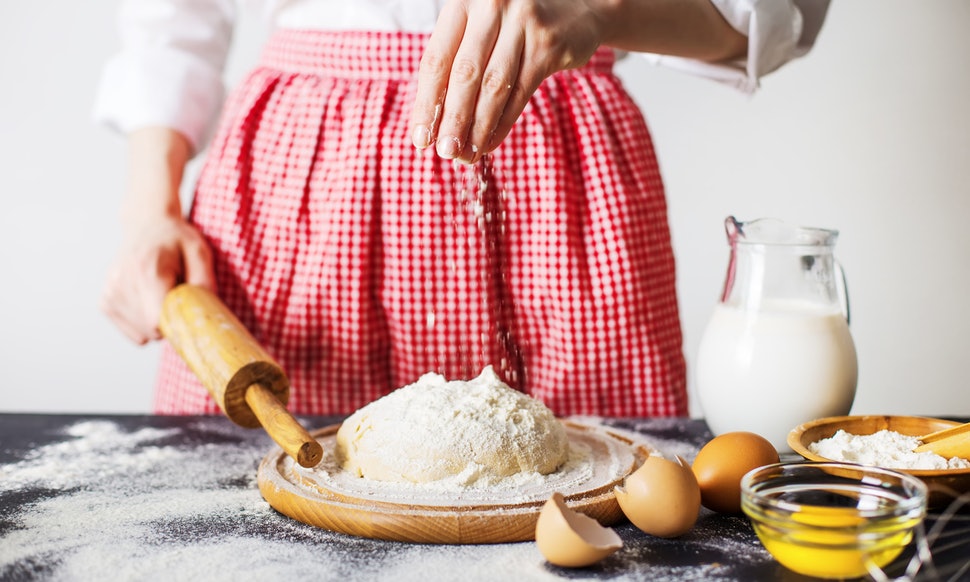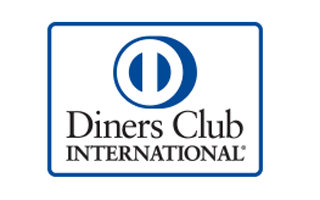Become a Baker
A baker is someone who bakes and sometimes sells bread and other products made using an oven or another concentrated heat source. The place where a baker works are called a bakery. Bakers normally bake bread, cakes, pies, pastries and other general items made of flour.
Duties and occupational hazards
Bakers typically do the following:
Check the quality of baking ingredients
Prepare equipment for baking
Measure and weigh the flour and other ingredients
Combine measured ingredients in mixers or blenders
Knead, roll, cut, and shape the dough
Place dough into pans, into molds, or onto baking sheets
Set oven temperatures
Place items into ovens or onto grills
Observe color and state of products being baked
Apply glazes, icings, or other toppings
Bakers produce various types and quantities of bread, pastries, and other baked goods sold by grocers, wholesalers, restaurants, and institutional food services. Some bakers create new recipes.
Bakers encounter a number of occupational hazards. OOH reports that bakeries, "especially large manufacturing facilities, are filled with potential dangers such as hot ovens, mixing machines, and dough cutters. As a result, bakers have a higher rate of injuries and illnesses than the national average. Although their work is generally safe, bakers may endure back strains caused by lifting or moving heavy bags of flour or other products. Other common risks include cuts, scrapes, and burns. To reduce these risks, bakers often wear back supports, aprons, and gloves."
Baker's asthma—commonly caused by flour allergens and the microbial enzymes (often Aspergillus-derived) used to facilitate breadmaking—is one of the common causes of occupational asthma worldwide.
Equipment
A rolling pin is used to work the dough.
A variety of equipment is used by bakers, including:
Baker's peel - a large, flat paddle, either wood or metal, used to slide loaves into and out of an oven
Rolling pin - used to roll dough
Flour scoops - used to add, remove, or measure flour
Brushes- used to brush off excess flour from the dough, and for glazing
Flour mills - used to mill grains; may be either hand-cranked or mechanical
How to be a baker?
Step 1: Work as an Apprentice
Before becoming a professional, aspiring bakers must acquire experience. One option is to participate in an apprenticeship program to learn the skills, such as the best practices for measuring, preparing, and food safety, under professional supervision at restaurants, hotels or bakeries while also participating in more formal classes. While a college degree is generally not necessary, apprenticeship programs available through technical or community college programs often result in an associate degree or certificate.
Bakers often utilize industrial machines, including blenders and mixers, so it's a good idea to learn how to use such equipment while working with experienced bakers or by taking courses that cover the basics of commercial equipment operation.
Additionally, the way food is prepared is very important. If ingredients have gone bad, or if they're not handled properly, consumers can get sick. While working at an apprenticeship, potential bakers should take note of proper food handling methods. Students can also take a sanitation course, which could be useful when seeking certification.
Step 2: Learn to Operate a Business
Some bakers choose to open their own businesses. Some colleges and universities offer associate degree programs in small business or entrepreneurship that can teach students to operate their own businesses. Another option for prospective bakery owners is to take courses in small business management through a continuing education program. In these courses, students typically learn about marketing strategies, business plans, and product costs. Aspiring business owners also need to know how to manage inventory and keep track of finances.
Step 3: Earn Certification
Certification is not required by most employers, but it can help bakers stand out from the competition. The Retail Bakers of America (RBA) offers certification options for different levels of bakers, including Certified Journey Baker (CJB), Certified Baker (CB) and Certified Master Baker (CMB). The CJB, Certified Journey Baker, is for those just starting out, the CB, Certified Baker, is for those who have some work experience, and the CMB, Certified Master Baker is intended for highly experienced bakers. Individuals seeking CB or higher credentials need to have completed a sanitation course. A Certified Decorator (CD) designation is also available for those who primarily work with sweet baked goods. The RBA notes that job prospects and income could be greater for certified bakers.
After four years of work experience, bakers are qualified to take the exam to become a CB, and after eight years of full-time work and professional development training, they can apply to become a CMB, Certified Master Baker. Bakers should keep on top of certification and move up to the next level after fulfilling minimum requirements in order to showcase their advanced skills.
Step 4: Acquire Additional Experience
The primary way to move up and advance as a baker is to gain work experience. Many bakers start off as baker's assistants and progress as they learn the techniques and skills necessary to manage a bakery or create high-quality products.
Aspiring bakers need experience, often acquired through an apprenticeship, which might result in a certificate or an associate's degree.
Related Articles
Search
Categories
Popular Posts





















Comments: 0
No comments